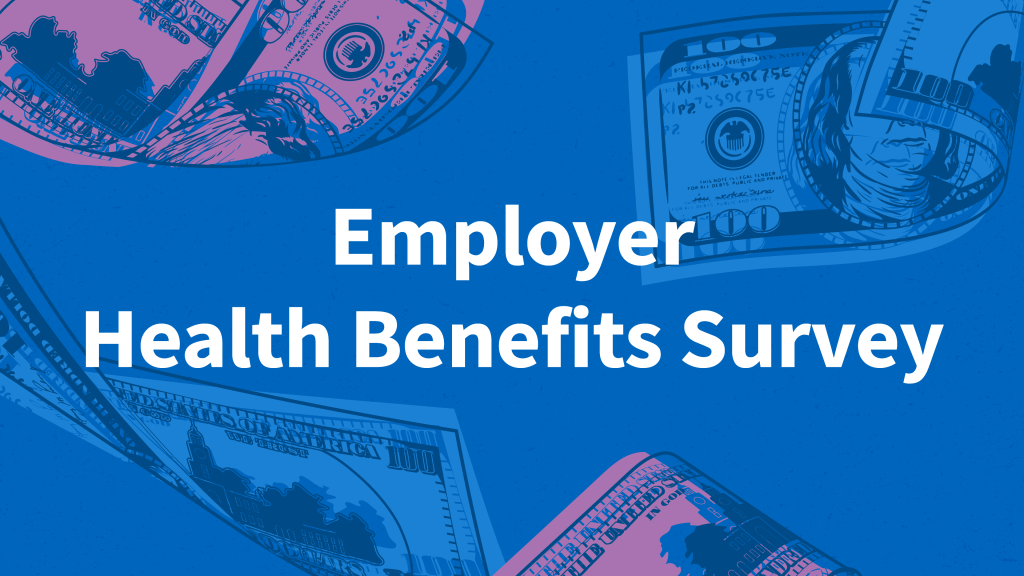Our Darwinian Approach to Health Care Costs
In his latest column, President and CEO Dr. Drew Altman presents his Venn diagram of health care cost problems and shows how, in our fragmented health system, reducing one health cost problem often makes another worse.
